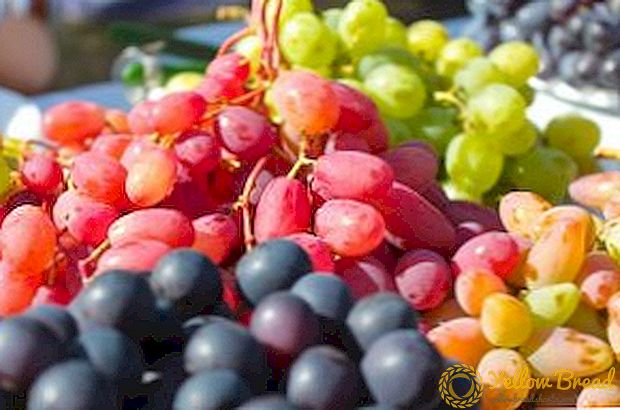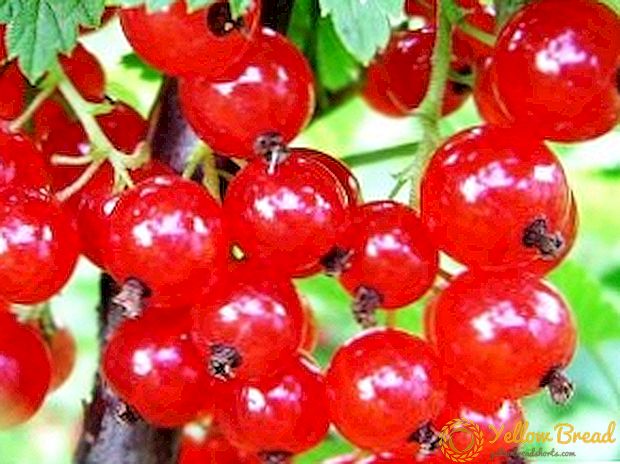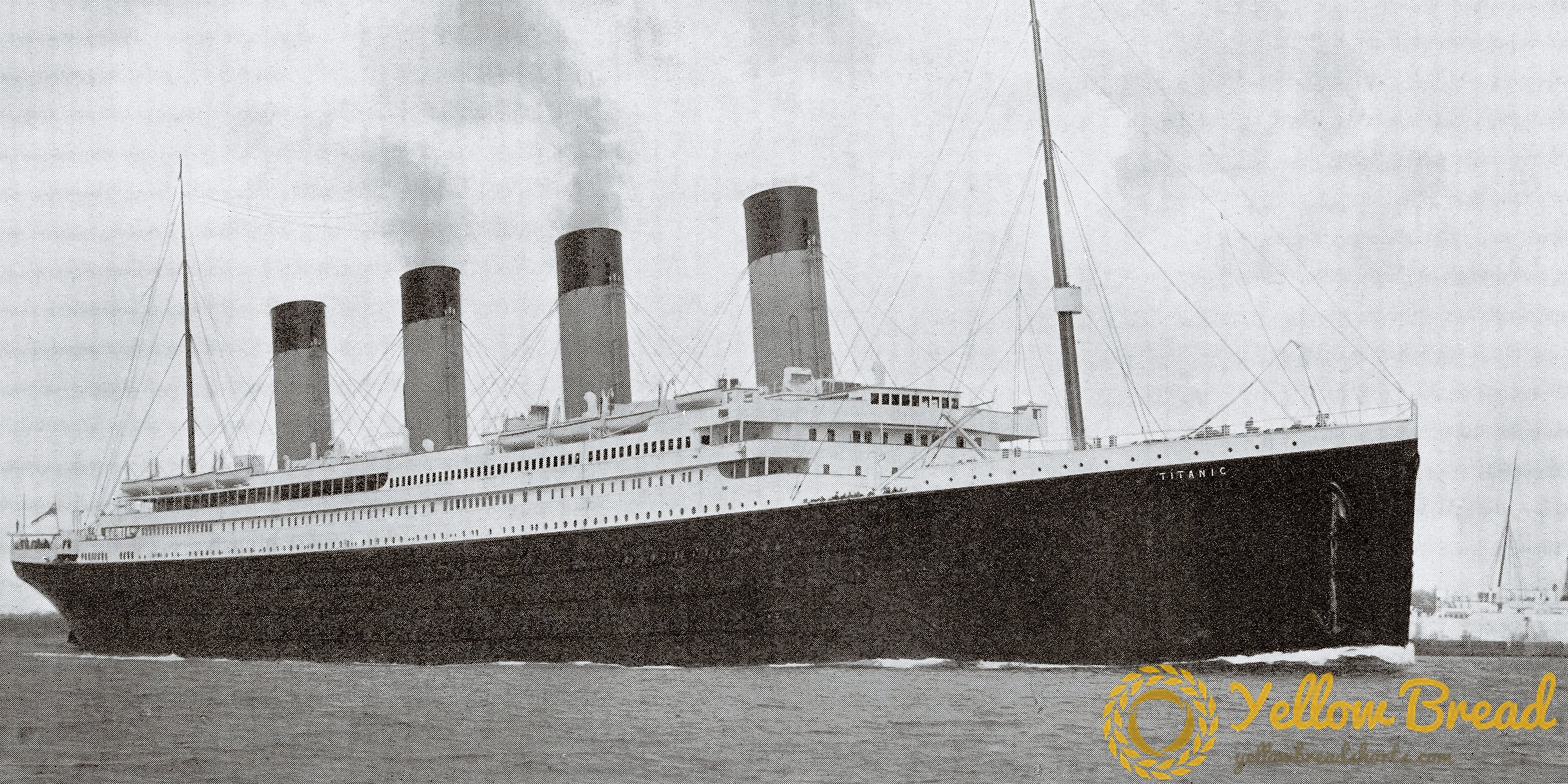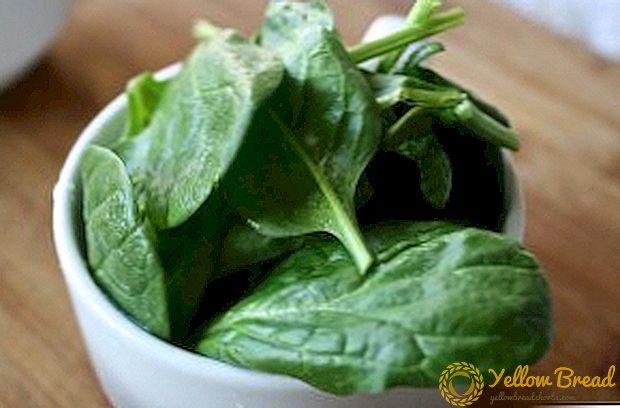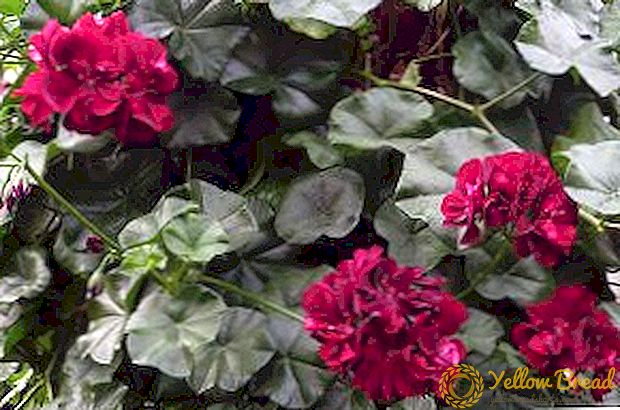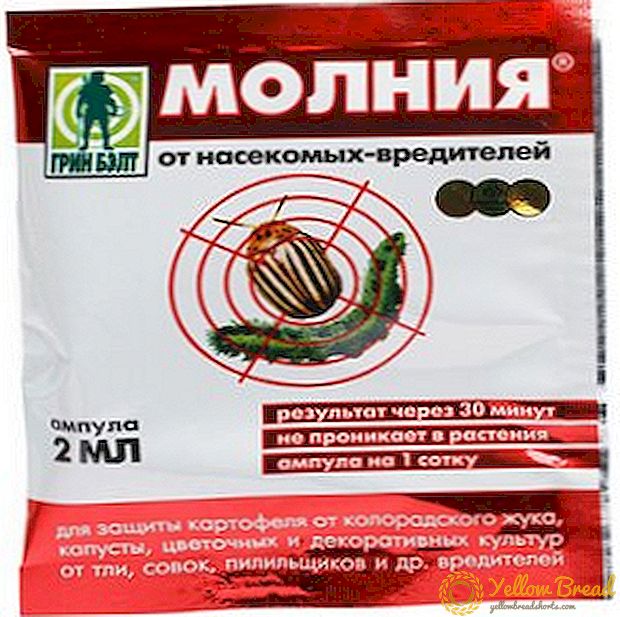
The vegetable patch at raven's farm in East Sussex, England. Photo by Jonathan Buckley.
She doesn't do food foam or dwarf plants, and she adores Greek cuisine: Best selling author and 2013 VERANDA Magic Maker Sarah Raven cues us in on how she went from a medical profession to the forefront of the garden-to-table movement, working from her farm in East Sussex, England.
When did you realize you wanted gardening to be a major part of your life?
Sarah Raven: When I was a medical student in my twenties. I spent a lot of time gardening on my weekends-it was a very good counter balance to the white coat sterility of the hospital wards.
When did you decide to turn away from the medical life and go full time into gardening and food?
Raven: When I had children. I was still a hospital doctor and had very, very long hours at that stage, and then I had a tiny baby and was pregnant with another-it just seemed to make sense.
Who or what has influenced your work over the years?
Raven: I really love the pallet of Howard Hodgkin and often the plant choices of Christopher Lloyd. And I lived at Sissinghurst for 10 years and love the atmosphere and plant choices of the Sissinghurst Castle Garden, made by Vita Sackville-West and her husband Harold Nicolson.
How would you describe your gardening and cooking style?
Raven: In both I like a lot of color. And I like gutsy combinations both in the garden and in food. I don't like very refined, very sort of minimalist and recessive colors. I like quite strong color, or even if I used white, I would always put a sort of apricot or orange in contrast in flower arranging and similarly in food-I like things that jump off the plate really.
Is there something in particular that you would never find in your garden?
Raven: I don't like carpets or bedding. I'm not a very dwarf plant person, I like sort of tall rangy plants.

(Left) Raven picks currants. (Right) Peas from her garden. Photo by Jonathan Buckley.
And what about cooking? I know in the VERANDA article you mentioned foam. Is there anything else you just wouldn't do?
Raven: I really hate-I really don't enjoy food on the whole, apart for once every two or three years, where it is more about head than heart. And so things like foam or chef-y techniques I just have no interest in whatsoever. I want the ingredients to be as near to their natural state as they can possibly be, but be delicious.
So making distillations and sort of condescending things, I don't like that. I like things to be very, very natural, so my favorite food is walking into a wonderfully stocked market in a beautiful part of the world and just having an incredible bounty from the land. Wonderful combinations of different kinds of salad leaves are my favorite meals.
Do you think that your medical profession has influenced the way that you look at food and the way you combine food?
Raven: (laughs) No, only that when I was a medical student in London, I worked in the River Cafe which was just around the corner from my hospital. That's a very famous restaurant here. I had already spent quite a lot of time as a child in Italy-and the River Cafe has this very, very sophisticated Italian food that I love.
No, I think my medical profession has very much influenced how I teach gardening and cookery. It's kind of very logical-not intellectual but explaining things rather than getting people to just learn. Explaining why you do something so that they understand the physiology or the botany or the reasons that a seed grows or doesn't grow. Then it becomes natural to them rather than having to learn it-so very, very logical plodding through of A to B to C to D, and if you do that it will succeed. If you leave out that B, it won't succeed. I teach cookery and gardening like that.

A homegrown cherry tart. Photo by Jonathan Buckley.
What are you currently working on?
Raven: A healthy cookbook combining my medical career with gardening and cookery. So all three of the things I've done in my adulthood really, bringing together everything. There are tons of healthy cookbooks out there, but I'm looking at recent research on things like superfoods and then thinking about really lovely ways that you could eat them every day rather than being on a diet.
So not cutting out all fat or all cheese or all anything, but just really designing a way to eat that is sustainable for the rest of one's life really. It's an obvious thing for me to do in a way, because I've always been interested in comparative nation studies. Why Grecian people live until they are 105, where as the Finnish don't. That's the thing, and trying to look at what's in their diet, what influences it, and then using that in a creative way in one's own diet.
Do you do anything to kick off your creative process? What helps you feel creative?
Raven: I wake up very early in the morning-I am very much an early morning person - and my most creative time is from about 5:30 in the morning until sort of 11am or 12pm, and I make the most of that. I often get up and start making notes or having ideas very early. Whereas in the main bulk of the day it is easy to get sort of cluttered by day-to-day management issues and things. So I am careful to carve out that time. And also because I work very hard, I spend quality time not on holiday, but abroad somewhere that I love-just having ideas. I just got back from 10 days in Greece doing exactly that. It's not that I don't work, but it's creative work rather than day-to-day emails.
Have you traveled somewhere recently to a place that influenced you?
Raven: Very much so. I spend a lot of time in Greece, and I've just been on an island called Hydra, and that has hugely influenced the way I am doing my cookbook.
How come?
Raven: Because it's exactly the sort of food that I described. You go out into your vegetable patch and you pick some food and you bring it in and you cook it, very simply. The Greeks are very underestimated as really fantastic cooks. The Italians have been very fashionable and now the Moroccans, but personally my favorite cuisine by far is Greek. So I spend quite a lot of time there with very simple sort of Greek people, with a friend of mine who lives in Greece as a translator, and we cook all day very authentic Greek food. There's going to be a lot of that in my book.
What has been one of your favorite projects over the years?
Raven: Doing my wildflower book. I wrote a book about British wildflowers. My father taught me to love wildflowers and nature when I was very young, and I took 18 months off three years ago and wrote and photographed throughout Britain, traveling around with a photographer.
That time was very special and unique. I love what I do day-to-day, but that was a very circumscribed, wonderful project that I feel very proud of and still love.
Can you name any great splurge items you've included in your cooking or in your garden?
Raven: I really love using very good olive oil, so I don't want to buy supermarket olive oil. I want to buy a good, normally Greek, organic fresh-pressed olive oil which you know is probably three times as expensive as a normal oil. I won't use it in cooking, but I use it once I've cooked, over things. I use truffle oil quite a lot, which also is expensive. In the garden I like very beautiful pots-so I don't scrimp and save on buying beautiful pots and bowls and things like that.
Any place in particular where you get those pots and bowls?
Raven: Well I get them made. There's a potter who makes them to a particular design-a proportional design that I really like which is a very big Long Tom -however, he's not doing them at the moment.
What do you do to in your downtime?
Raven: I talk to my family and my friends. I like seeing people because I work very hard, so it's important for me to cook and have celebratory meals and all that kind of stuff. I love doing that.
I also love sewing. I've just had a great niece and I spent quite a bit of time making her a bedspread for her bed. I love to do that to relax. And exercise. I like running, not all the time, but a bit. I like the countryside. I like being out even in bad weather. And that's probably enough?

